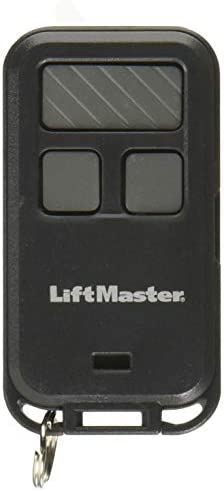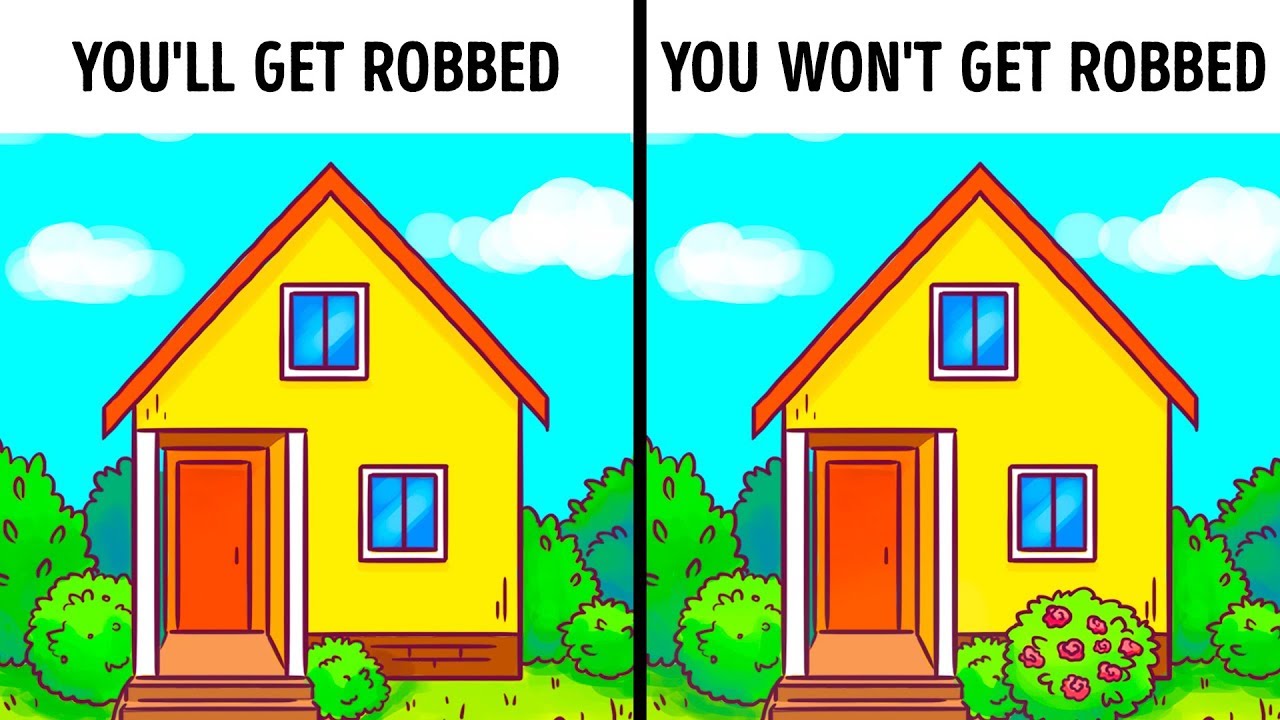
Bump proof locks give homeowners additional security to their home and provide peace of minds. There are many types of bump proof locks available, including single and dual cylinders. Smart locks can also be used to integrate voice assistants or remote access.
Bumpproof locks can be durable and simple to use. They come in many styles and price ranges so you can find the right one for your needs and budget.
Lock bumping has become a popular burglary technique. It can be done in a matter of minutes, and leaves little to no forensic evidence. Although bumping isn't the most advanced way to break into homes, it can be done quickly and the results can prove to be quite devastating.

There are many ways you can protect your home from this crime. It is important to change your locks every time you move. To protect yourself from burglary, make sure you have insurance. Consider bump proof locks. Bump proof locks will not only prevent criminals from entering your home but also help you avoid expensive insurance claims.
For the most part, the key to finding a lock with bump proof capabilities is to look for a quality, high-security cylinder. Look for a high-quality lock made of durable materials that can withstand tampering. It is also important to ensure that the strikeplate is made of hardened metal.
Bump-proof locks may not be for everyone. If you have children or pets, you might want to pass on this type of security device. Some locks are more difficult to install than others so it might be worth hiring a professional to help you. You should also have an idea of your budget before shopping. This will allow you to narrow down your options and streamline the selection process.
To find the best bumpproof lock for your house, look for one with multiple features like an embedded alarm or keyless entry. You should also verify the warranty. These warranties are crucial because they will protect you from any malfunctions.

You should also consider whether or not your door has an outside keyhole. Another option is a single-sided mortise. Even though it's not as secure and reliable as a double-sided deadbolt this can still be used to your advantage.
Having a bump proof lock in your home can give you a peace of mind that your family and property are protected, and it can be a great stepping stone to more secure living. But if you aren't sure what product to choose, get advice from a qualified locksmith. As a bonus, you might learn a few things along the way.
FAQ
Can I install a security camera by myself?
Yes! You can set up a home alarm if you have some knowledge. If you don’t have the skills to do it yourself then you can hire a professional to help you.
Who is the best home security monitoring company?
ADT is the top home security monitoring service provider. ADT provides 24/7 monitoring services at an affordable rate. The customer support team is available 24/7 and can resolve any issue within minutes.
ADT also offers an iOS and Android app. So you can check on your home any time, anywhere.
How do I decide between the different types of home security system?
It is important to consider the threat level in your locality. You might consider installing an alarm system that sounds when someone enters your house. You might not need as many security measures if you live in a rural location with few burglaries.
It is also worth considering whether you are willing and able to pay more for certain features. Some systems include cameras built in, while others do not. Some systems let you remotely monitor your house, while others require you being physically present to view the footage.
Statistics
- That's probably why Cove has a whopping 98%* customer retention rate. (safewise.com)
- (In my experience, the discount on my home insurance covered about 25 percent of the subscription of an average plan, but your mileage may vary depending on your location and the size of your home.) (theverge.com)
- Most home security companies will charge you around 75% of the remaining term of your contract if you cancel early—and some require 100%.Related questionsWhat type of contract length can I expect from security providers?Home security system cancellation (safewise.com)
- Depending on your insurance, 24/7 professional monitoring may qualify you for as much as 15% off your premium. (safewise.com)
External Links
How To
How to Install an Home Security System
A home security system is a device that monitors your property and alerts you if there's any activity. It could be a motion detector, doorbell camera or smoke detector. A home security alarm system often includes one or two sensors (e.g., motion detections), which send signals to the control panel when they detect movement. The signals are then sent to a control panel where they're monitored and recorded. A control panel will alert your phone, tablet or computer if something is wrong. You'll be able to immediately take action and know exactly what's happening.
First, you must choose the right type sensors for your home to install a home security system. There are two main types, passive and active. Passive sensors don’t require batteries. They only pick up sounds, vibrations and other signals from their environment. They include doorbells, sirens and buzzers. Active sensors use electricity to transmit data. Examples of such sensors include cameras and motion sensor.
There are many options for sensors. Each brand has its advantages and disadvantages. Some sensors can withstand extreme weather conditions, while others cannot. Some of them have built in speakers so that you can still hear them from outside. Others work only inside. Some are basic while others offer advanced features, such as night vision.
Once you have chosen the right type of sensor for your property, it is time to select a manufacturer. This will ensure that your sensors are compatible. You should find plenty of choices at your local hardware shop.
Once you have selected a brand of sensor, you need to decide the number you wish to buy. Depending upon whether they live alone or in a group, most people begin with one or two sensors. You might want to buy more sensors if you intend on adding them later.
Next, determine where you want your sensors to be placed. Do you want them near doors and windows? Or do you prefer having them hidden away? Before placing them around your property, you should get permission. It is important to ensure they do not interfere with electrical outlets.
After you've determined the location of your sensors, you will need a way that they can be connected to your control panels. You may need a power adapter, or battery pack depending on the setup. Once you have everything in place, your property can be monitored!